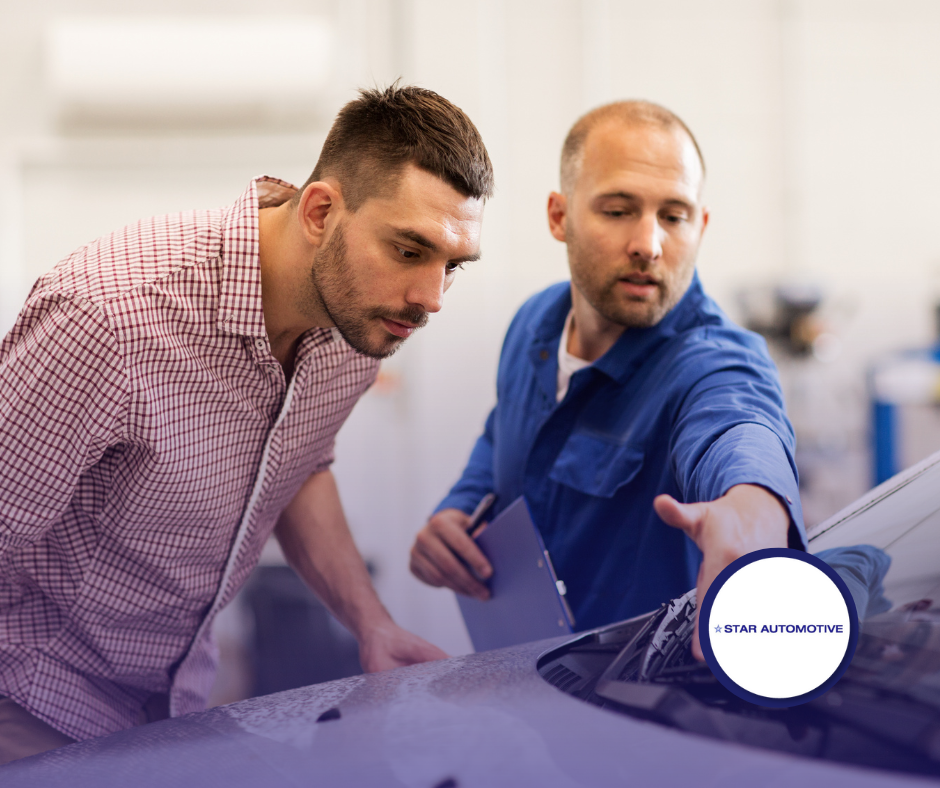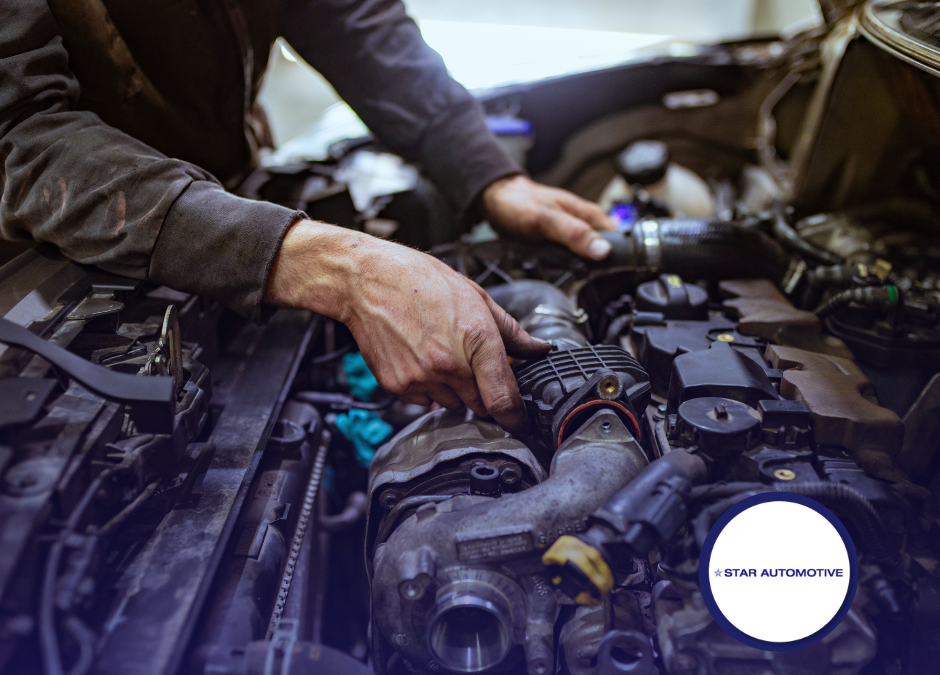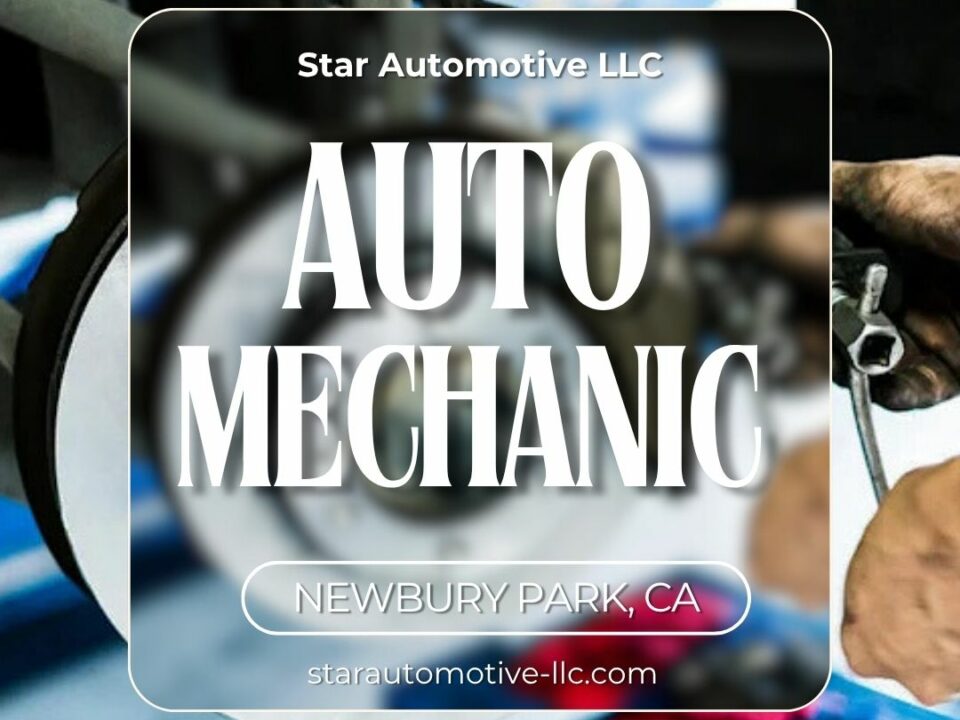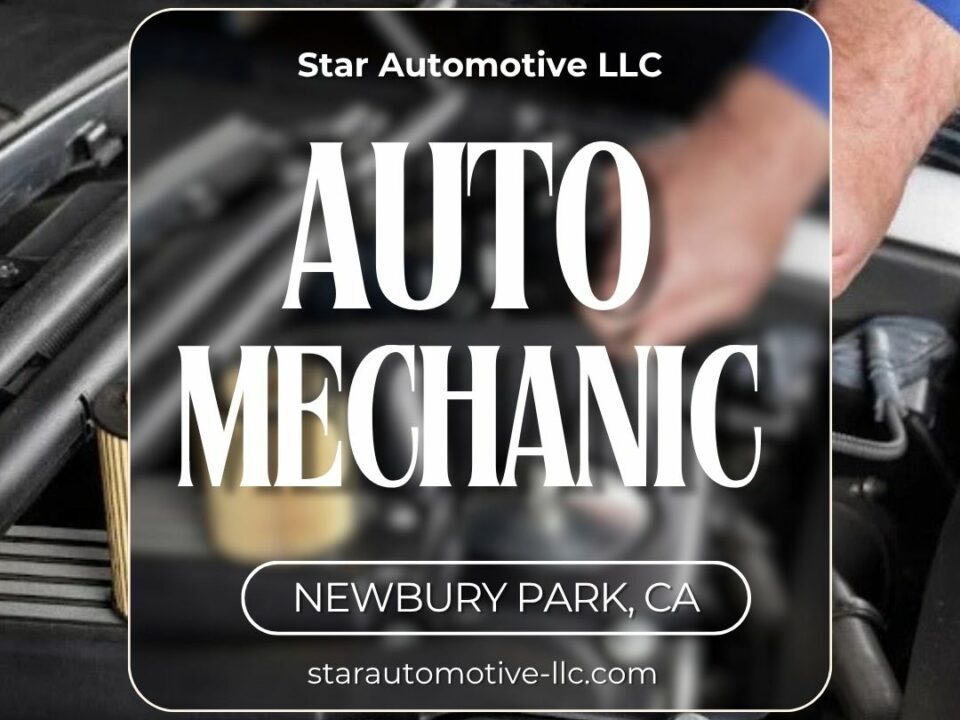
Revving Up Your Knowledge: Essential Engine Repair Techniques
January 9, 2024Discover Serenity at Paradise Falls in Thousand Oaks, CA
January 9, 2024Welcome to ‘The Ultimate Guide to DIY Engine Maintenance: Tips from Expert Mechanics’.
This comprehensive guide aims to empower vehicle owners with the knowledge and skills required to undertake their own engine maintenance.
Crafted by seasoned mechanics, it outlines the intricate workings of engine components and provides detailed, step-by-step maintenance procedures.
This guide encourages a sense of belonging among the DIY community, fostering a shared passion for vehicle upkeep.
With the expert advice contained within these pages, you will have the confidence to tackle engine maintenance tasks, ensuring your vehicle remains in optimal condition.
Understanding Basic Engine Components
Let’s commence by dissecting the fundamental components of an engine to grasp their individual functions and importance in smooth auto mechanic operation.
The engine block, often referred to as the heart of a vehicle, houses several integral components such as the cylinders, pistons, and spark plugs.
The pistons, functioning within the cylinders, create a reciprocating motion powered by the combustion of fuel. This motion is then transferred to the crankshaft, converting it into a rotary motion that propels the vehicle and auto mechanic.
The spark plugs, strategically located, ignite the air-fuel mixture, initiating the combustion process.
The timing belt maintains synchronization between the crankshaft and camshaft, ensuring that valves open and close at appropriate times.
Understanding these components is pivotal to effective DIY engine maintenance.
Step-by-Step Engine Maintenance Procedures
Having acquired a fundamental understanding of engine components, one can now delve into the step-by-step procedures involved in DIY engine maintenance. The following uncomplicated yet effective steps will guide you through this process:
– Check the engine oil regularly, making sure the level is optimal and the oil is clean.
– Regularly inspect the air filter and replace if necessary, ensuring the engine breathes clean air.
– Monitor the cooling system to prevent overheating, as this could lead to significant engine damage.
– Regularly inspect the spark plug for wear and tear, replacing as needed for optimal performance.
– Keep an eye on the timing belt. Change it at recommended intervals to avoid catastrophic engine failure.




